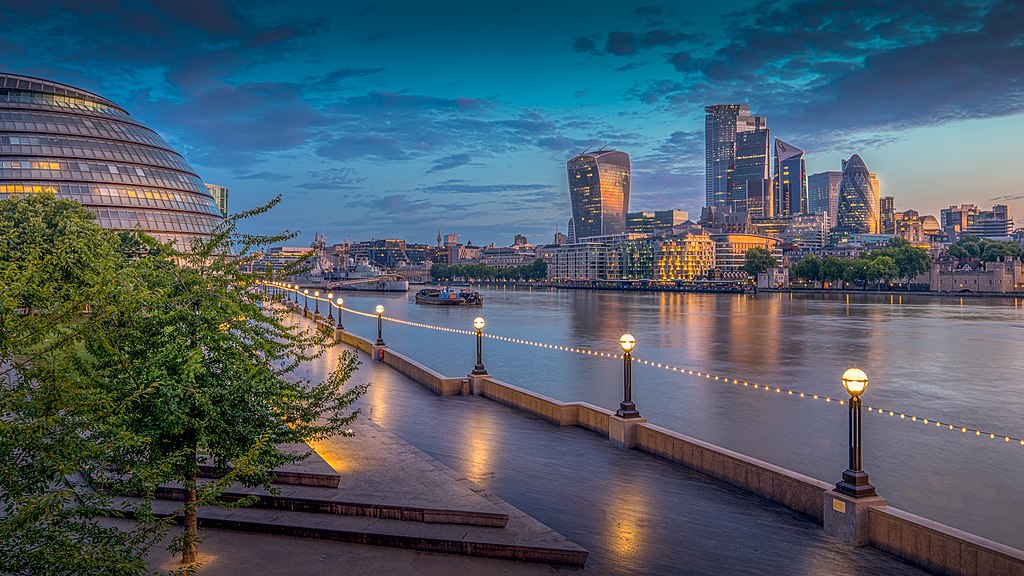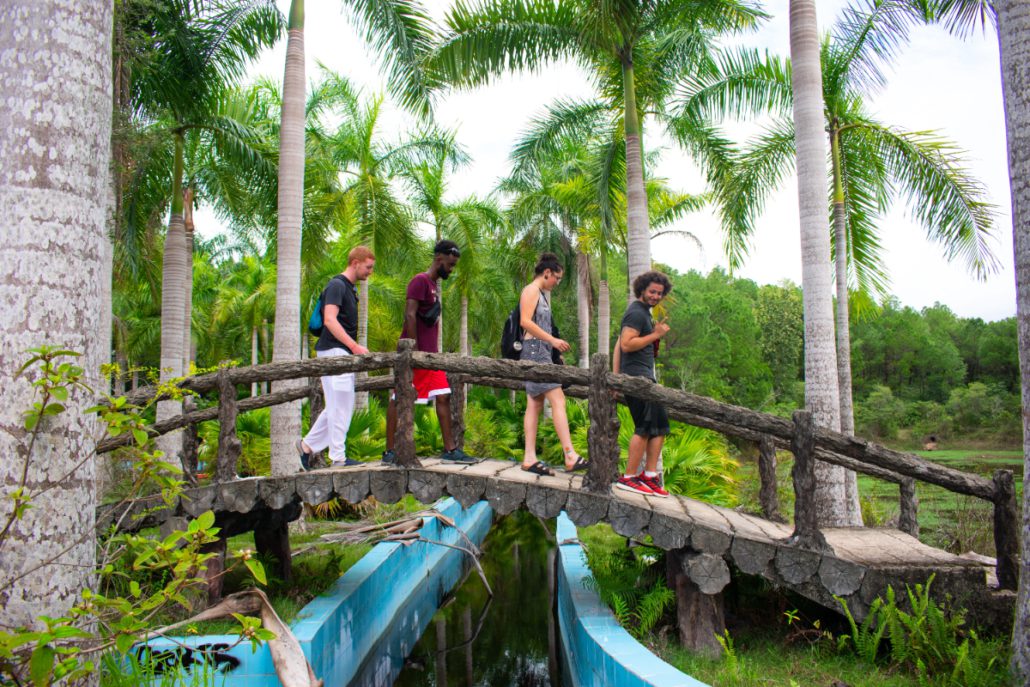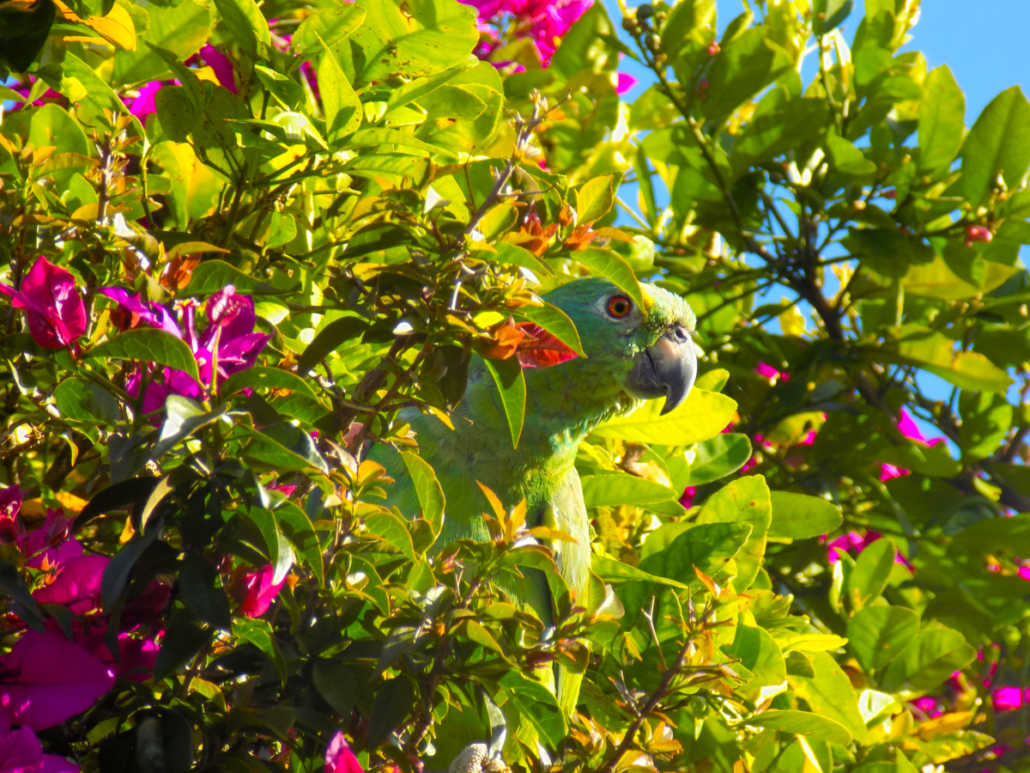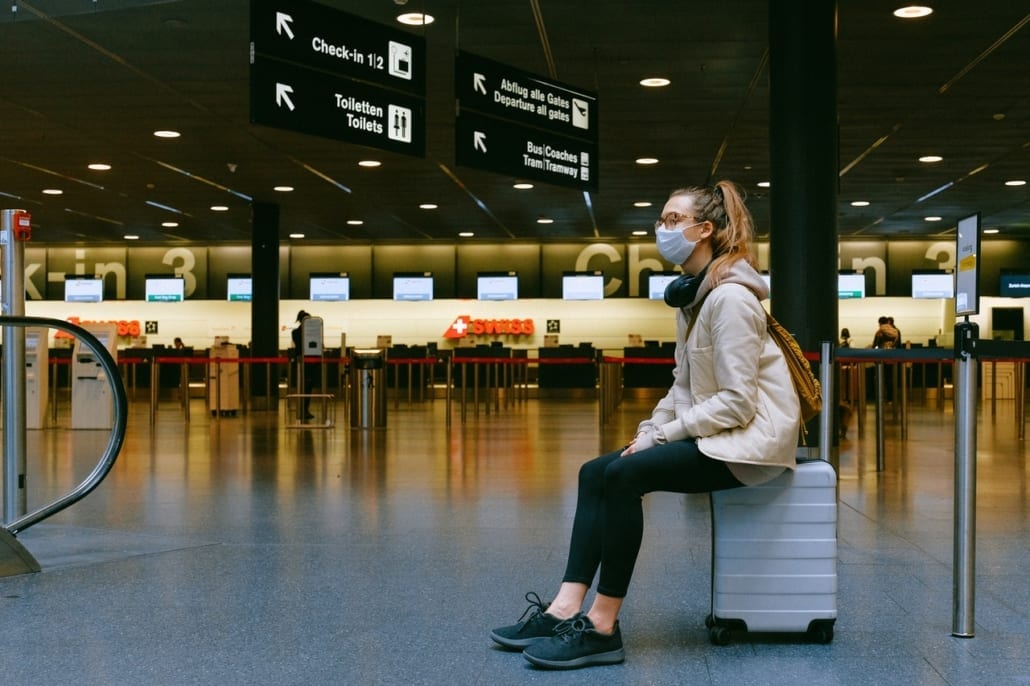Have you always dreamed of moving abroad but are not sure how to do it? With plenty to discover in the British Isles, plus its proximity to European destinations, moving to the UK could be the way to live out your dreams of living abroad.
While immigration laws can be difficult to untangle, among the various routes available for individuals moving to the UK, the Innovator Visa is suitable for those with business experience. This route is designed for those looking to establish an innovative UK-based business, who have at least £50,000 to invest, and have obtained endorsement from an approved body. An application for an Innovator Visa must also satisfy various eligibility and suitability requirements.
Here, Jessica Lee from Latitude Law discusses a guide to the UK innovator visa, including the various stages and main requirements of an application.
Obtaining endorsement for an Investor Visa
Before moving to the UK, an applicant for an Innovator Visa must obtain endorsement for their business idea from a Home Office-approved endorsing body. There are a number of these bodies, and many only offer endorsement subject to various restrictions, such as the location of the business, the sector in which it will operate, or application during a certain period. Some endorsing bodies also make participation on one of their own programmes or mentoring services a prerequisite, although participation on such a programme will not guarantee endorsement. A complete list of all the approved endorsing bodies can be found here.
To successfully obtain endorsement, an applicant must demonstrate, amongst other things, that their business idea is innovative, viable and scalable. An innovative business will be unique and original, differing from businesses already operating in this sector. Viability will require showing that the applicant has the knowledge and skills to successfully run the business, while to be scalable, the business idea must have potential for future growth.
The business must also be new, or where it does already exist, have not yet started trading.
Making an application for an Investor Visa

Fulfil your dreams of living in the UK with the UK Investor Visa
If an applicant does successfully obtain endorsement, the second stage of submitting an application for the UK Innovator Visa must be made within three months of the date given on the letter of endorsement.
As mentioned above, along with obtaining endorsement, there are other requirements of a UK Innovator Visa application. One of these is evidence that the applicant holds funds of at least £50,000 to invest in the business. These funds must be accessible to the applicant and, if in a UK bank, have been held by them for at least three months. Whether an applicant has access to these funds will also be relevant to the business idea’s viability, as discussed above. In addition to this sum, an applicant must show they have held at least £1,270 in their account for a minimum of 28 days prior to application, as evidence they can support themselves after moving to the UK.
An applicant must also satisfy an English Language requirement, namely an ability to read, write, speak and understand English to Level B2 CEFR. This requirement can be met if the applicant has completed a degree taught in English (although if this was completed abroad, confirmation of the degree’s UK equivalent from Ecctis must be obtained), or if an applicant has completed GCSEs, Highers or A Levels in the UK. In the absence of such qualifications, an applicant will need to sit an approved Home Office English Language test.
A suitability requirement also applies to UK Innovator Visa applications, relating to the applicant’s character and conduct; examples of what might affect suitability include criminal convictions or previous non-compliance with UK immigration law.
Partners and children under 18 can also move to the UK with those with an Innovator Visa. As evidence that these family members will be financially supported whilst here, evidence of the following amount of savings, held again for at least 28 days before the date of application:
- £285 for a partner
- £315 for one child
- £200 for each additional child
A successful application will result in a grant of leave for three years.
Moving to the UK permanently under an Innovator Visa

Relocate to bustling London with the UK Innovator Visa
After completing three years’ continuous residence in the UK with leave as an Innovator, it is possible to apply to settle. This application again requires an endorsement letter, although the criteria differs to those for initial endorsement. In order to obtain the endorsement required for settlement, an innovator’s business must be registered with Companies House, be actively trading, and demonstrate an ability to continue trading for at least the next 12 months.
In addition, the business must show it has achieved two of the following:
- £1 million revenue in the last full year for which the business can provide accounts
- £500,000 revenue in the last full year for which the business can provide accounts, of which £100,000 comes from overseas export
- Have received £50,000 investment, spent on business development
- Created 10 full-time jobs (or the equivalent) that have all lasted for at least 12 months
- Created five full-time jobs (or the equivalent) with an average salary of £25,000 a year, which have all lasted for at least 12 months
- Made an application for intellectual property protection in the UK
- Have doubled the number of its customers in the last three years to a figure that is above the average for the type of business
If the innovator relies on either of the “job creation” options listed above, the jobs must be for “settled” workers; that is, a British or Irish citizen; an EEA citizen who commenced employment in the business prior to 31st December 2020; a holder of indefinite leave to remain/settled status; or the holder of a UK Ancestry Visa who is also a Commonwealth citizen.
Again, an application for settlement must be submitted within three months of the date given on the endorsement letter. Applicants for settlement must also pass the Life in the UK test and meet an absence requirement of no more than 180 days spent outside the UK in any 12 months.
Frustratingly, dependent family members must complete five continuous years living in the UK (this can include time spent as a dependent on a different route, such as Skilled Worker or partner of a settled person). In practice, this will mean that family members will often need to extend their leave for a further two years before they are eligible for settlement.
Dependants over the age of 18 will also need to pass the Life in the UK test, and meet an English Language requirement at Level B1 CEFR.
Due to the strict requirements involved in moving to the UK with an Innovator Visa, it is advised that applicants seek legal advice and representation to ensure they provide all the relevant documents, meet the criteria, and make the strongest possible application for an Innovator Visa.








